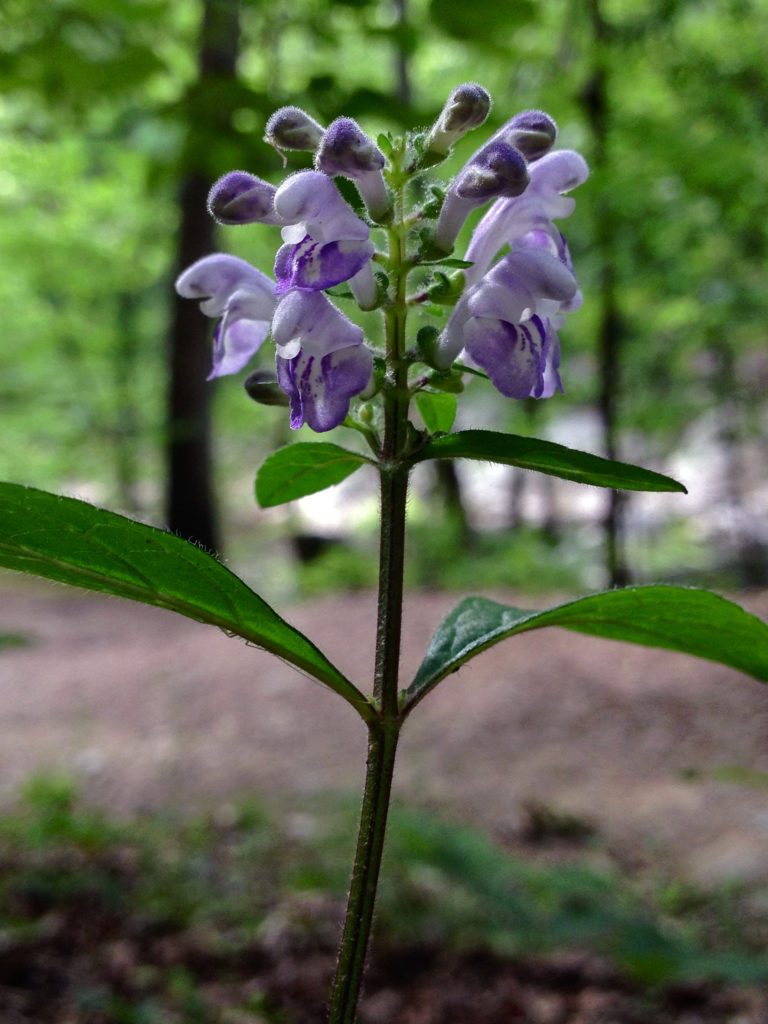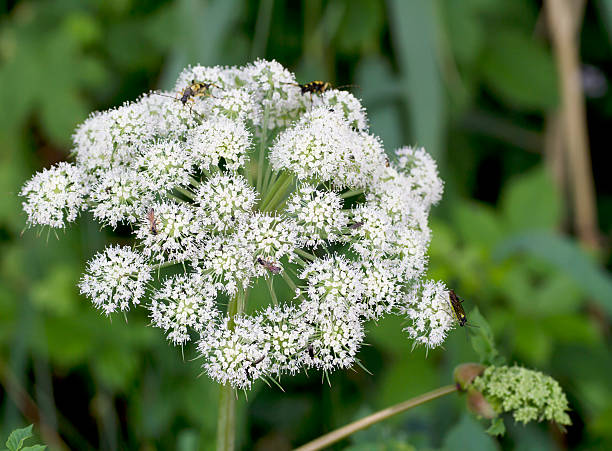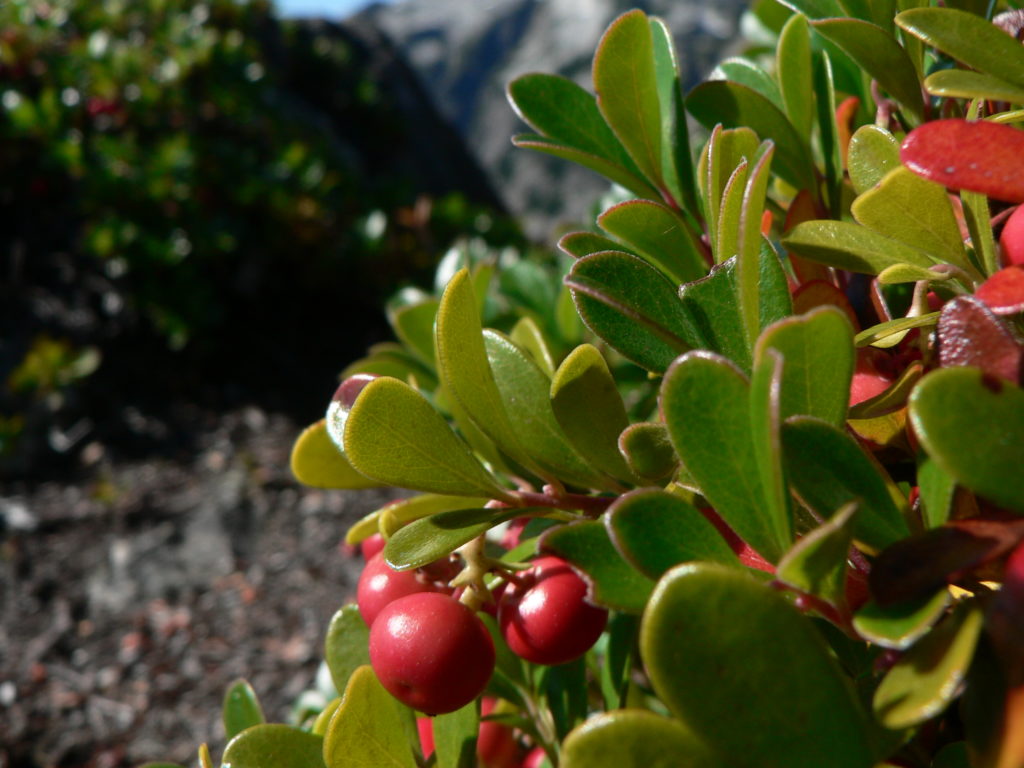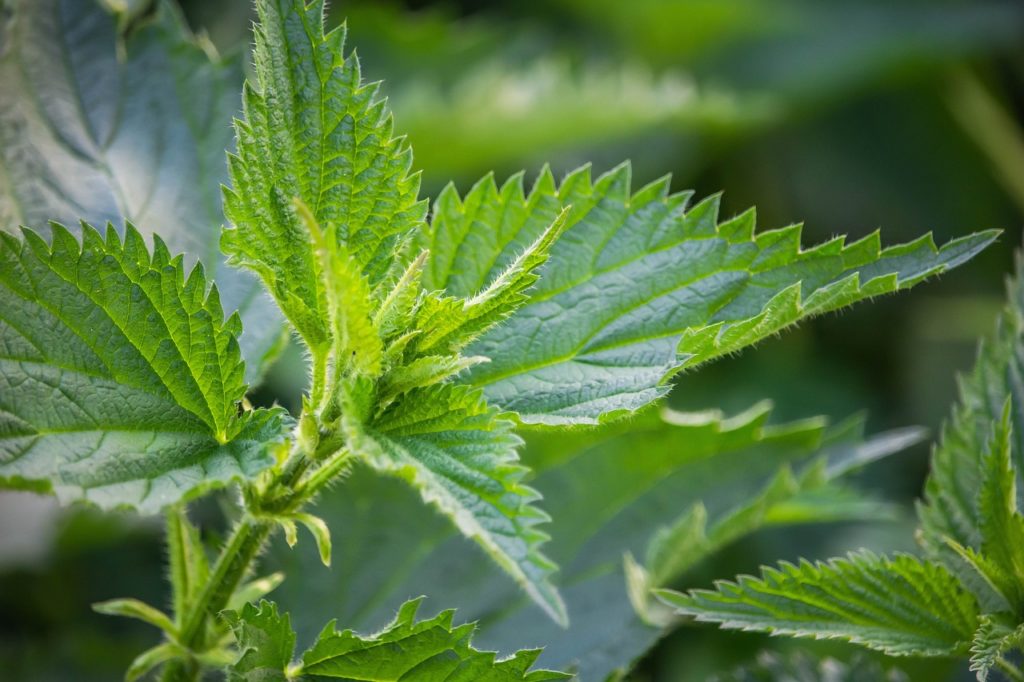Introduction:
Horsetail (Equisetum arvense) is an herbal remedy that dates back to ancient Roman and Greek times. It was used traditionally to stop bleeding, heal ulcers and wounds, and treat tuberculosis and kidney problems.
Benefits of Horsetail:
Bone Health/Arthritis
Horsetail not only contains silica, it is high in many minerals that support its use as a bone strengthening herb. Silica is fundamentally important in building and maintaining healthy connective tissues, cartilage, muscle, skin, tendons, sheathing, and bone. Consuming Horsetail as a natural source of silica increases the body’s absorption of bone building minerals such as calcium, helping to provide relief from a whole host of structural diseases.
Research has shown that Horsetail directly stimulates the production of bone cells, leading to the increased formation of bone tissue. Thus, Horsetail is an extremely useful herb in the prevention and treatment of osteoarthritis, osteoporosis and rheumatoid arthritis. It can also help to repair bone fractures, build cartilage for stronger joints, boost calcium absorption by the bones and even strengthen the connection between the jawbone and teeth.
Kidney/Bladder Health
Horsetail has a long and documented history of use as a diuretic. In a recent study comparing Horsetail to its pharmaceutical counterpart, it was found that the herb was as effective as the drug, but without causing excessive electrolyte loss – a common problem with pharmaceutical diuretics. The natural diuretic action of Horsetail helps the kidneys to cleanse the blood by triggering the need for water in the body and regulating urinary output.
The cleansing, diuretic action of Horsetail tea can be useful in combating bladder and urinary problems. By boosting the flow of urine, it helps to flush out harmful bacteria and toxins whilst soothing the constant urge to urinate by toning the urinary system. The high silica content of Horsetail is also thought to be responsible for its astringent, healing action upon the urinary tract.
Wound Healing
The rich silica content of Horsetail is responsible for its ability to speed up wound healing. These silicates and silicic acid promote the migration of leukocytes and neutrophils to the site of the wound and initiate the inflammatory phase of the healing process. The astringent properties of this herb also make it an excellent clotting agent that not only helps to staunch wounds; it can be effective in stopping nosebleeds too.
Hair & Skin Health
Horsetail has been used around the world for centuries as a beautifying herb. Silicon is believed to be key to the optimal synthesis of collagen, a building block that is essential to the strength and elasticity of skin.
Studies have found that silica derived from Horsetail significantly increased hair growth after 90 and 180 days. Additional studies confirm that hair strands with higher silica content are shinier and tend to have a lower hair fall out rate.
Manages Diabetes
The excellent anti-glycemic nature of horsetail plays a role in alleviating the blood sugar levels of the body. This herb activates the pancreas and stimulates the secretion of a balanced amount of insulin and also regulates the metabolism of carbohydrates.
Prevents Kidney Stones
The anti-lithiasis quality of the horsetail herb prevents the formation of kidney stones, helps to break or reduce the size of the formed ones and thus prevents various underlying health conditions like polycystic kidney disease, kidney stones, and cystitis. Being diuretic in nature, it also prevents urinary tract infection and promotes overall health of the kidney. It also helps in eliminating unnecessary toxins from the body, thus uplifting overall kidney health.
Relieves Respiratory Woes
Thanks to the powerful anti-inflammatory, antibiotic and expectorant properties, Horsetail is useful in treating the common cold, sore throat, and incessant cough and flu symptoms. It also reduces chest and nasal congestion, gets rid of excess catarrh particles and stops nasal discharge. It also renders absolute relief from conditions like bronchitis, sinusitis and other respiratory illnesses.
Enhances Cognitive Abilities
Horsetail is a useful remedy to improve the functioning of the brain. The potent antioxidants present in it enhance neural pathway efficiencies and extensively help to improve the memory capacity, concentration, calmness, and alertness of an individual. Being a brain booster, it activates the elimination of free radicals from the body enabling the deterrence of conditions like Alzheimer’s disease, Parkinson’s disease, dementia etc.
Reduces Risk of Cancer
Horsetail root comprises of numerous antioxidants that are highly significant in preventing and treating free radical damage that can give rise to conditions like inflammation, deterioration of organs, pain and degenerative diseases. The abundance of quinones and cyclic hexapeptides in Equisetum ensures that the healthy cells do not change into malignant ones and even actively helps in combating the cancer cells in the colon, breast, and other parts.
Should not be used in:
Horsetail is not recommended for use by pregnant women or breastfeeding women, nor by people with a history of cardiac failure, low blood pressure and kidney disease. Horsetail can decrease the body’s ability to decrease blood pressure and has a strong diuretic effect.
Conclusion
Horsetail thus showcases numerous potential properties which makes it one of the safest natural remedy for the treatment of painful and inflammatory conditions, gout, improve wound healing, strengthen bones and joints and enhance hair and skin health. Incorporate this wonder herb in your regular lifestyle to enjoy its superb benefits.
Horsetail is safe for use in the majority of adults when it is consumed for short periods of time up to one week, or if it is consumed as directed by a doctor, registered dietitian or medicinal plant specialist.









